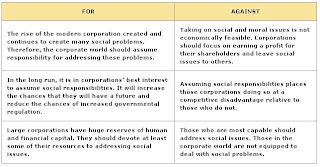Inflation's impact on Economy
Inflation has an adverse impact on the real economy. The following
points are worth noting
1. High and
persistent inflation imposes significant socio-economic costs. Given that the
burden of inflation is disproportionately large on the poor, high inflation by
itself can lead to distributional inequality. Therefore, for a welfare-oriented
public policy, low inflation becomes a critical element for ensuring balanced
progress.
2. High
inflation distorts economic incentives by diverting resources away from
productive investment to speculative activities.
3. Inflation
reduces households saving as they try to maintain the real value of their consumption.
Consequent fall in overall investment in the economy reduces its potential
growth.
4. As inflation
rises and turns volatile, it raises the inflation risk premia in financial
transactions. Hence, nominal interest rates tend to be higher than they would
have been under low and stable inflation.
5. If domestic
inflation remains persistently higher than those of the trading partners, it
affects external competitiveness through appreciation of the real exchange
rate.
6. As inflation
rises beyond a threshold, it has an adverse impact on overall growth.
7. RBI's current
assessment suggests that the threshold level of inflation for India is in the
range of 4-6%. If inflation persists beyond this level, it could lower economic
growth over the medium-term.
Hence there is a need for a monetary policy response by the Central Bank
to control inflation

Comments
Post a Comment